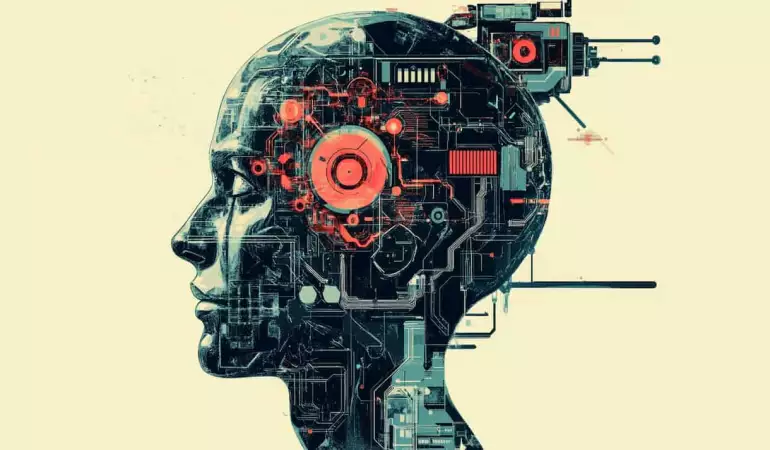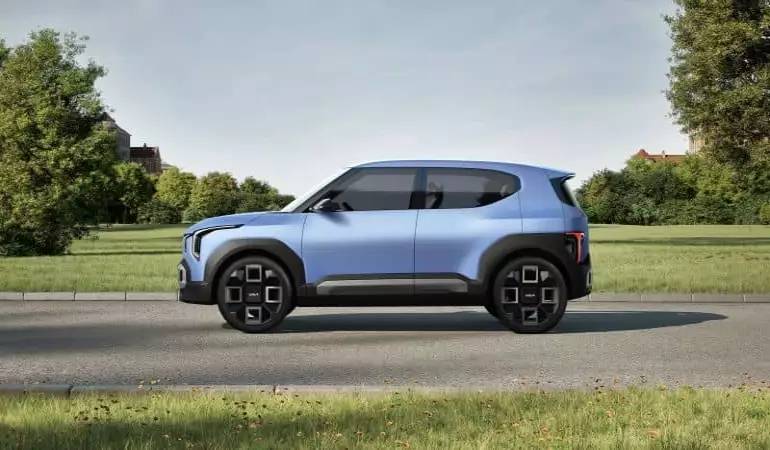How to recognize that a photo was created by artificial intelligence?
From strange fingers to unnatural text, an AI -generated photo always leaves clues. With fake content flooding social media, the ability to spot it is more important than ever.
February 18, 2025 05:42
The devil is in the details
A common clue that an image is created by AI is unusual-looking hands: fingers are too long, too short, deformed, or their number does not correspond to reality.
There may also be unnatural limb proportions or subtle facial asymmetries. Eyes may be at different heights, have mismatched reflections, or appear lifeless, even though the image appears real at first glance.
Caution - garbled text
Another clue is illegible or garbled text.
It is difficult for AI models to accurately reproduce words, so we often get meaningless letter combinations. Road signs, billboards, or product labels often have incorrect or incomprehensible letters.
For example, posters for the Willy Wonka Experience event in Glasgow misspelled words like "encherining" and "cartchy tuns" when they were likely intended to be "enchanting" and "catchy tunes."
Mismatched shadow and reflection directions
AI-generated images often have lighting inaccuracies – reflections and shadows do not match the light source, making the image look unnatural. The lighting is too uniform, reminiscent of animation.
Unusually flawless
AI smooths out textures, making skin, surfaces, and fabrics appear unnaturally flawless. Noise that is visible in real photos is often absent or appears artificial.
Recurring elements
AI repeats objects or details because it is difficult to create truly distinct elements. This is seen in crowds where people have similar faces, or backgrounds with repeating patterns.
Look for context
Even if the image looks convincing, errors can appear through context – false cultural or historical references, incorrect road sign colors, mismatched reflections.
By performing a reverse image search, it is possible to verify the origin of an image.




